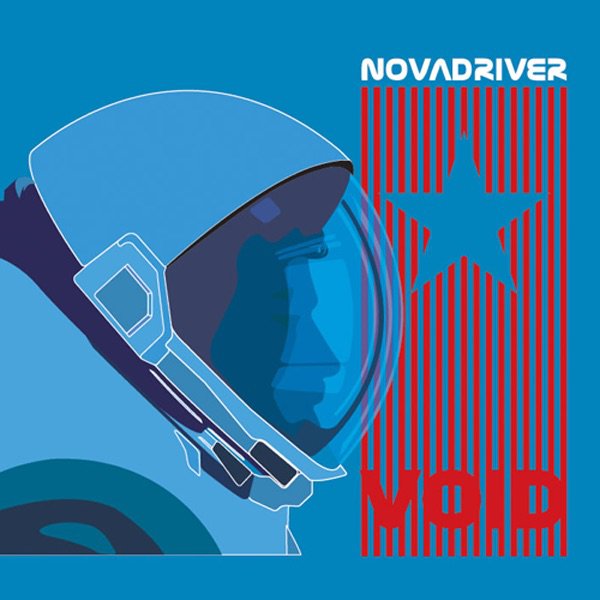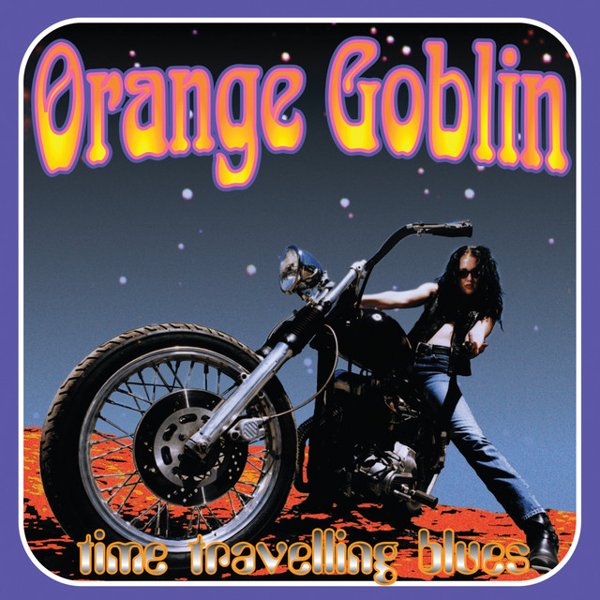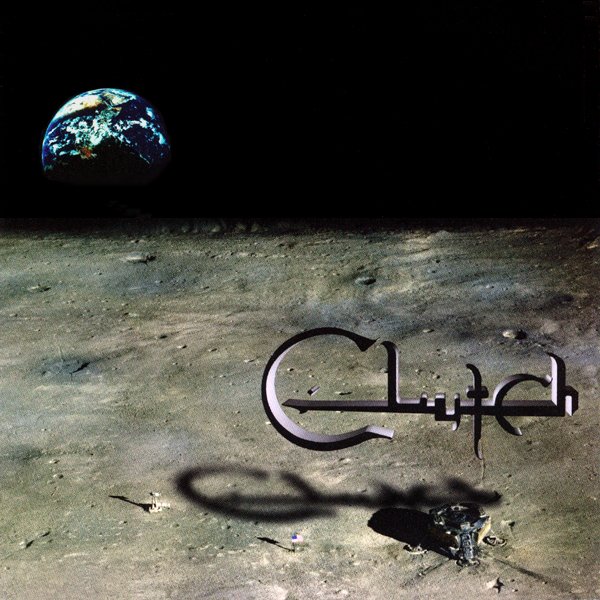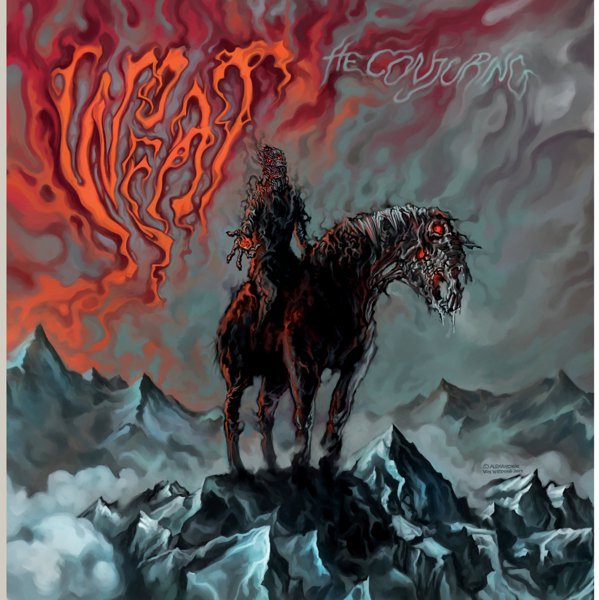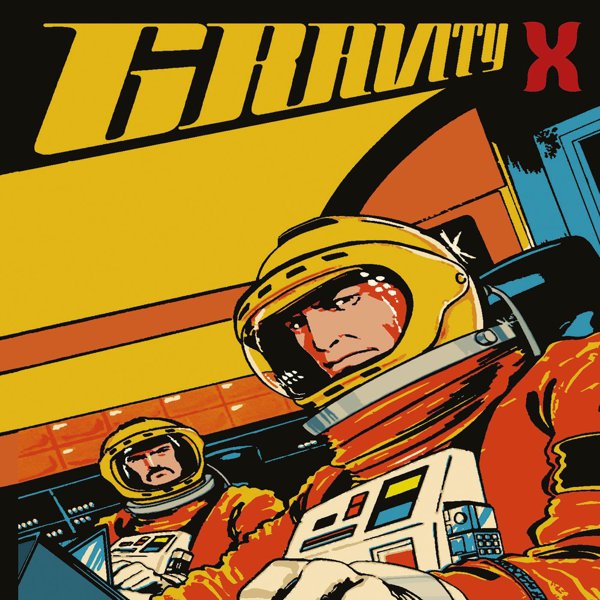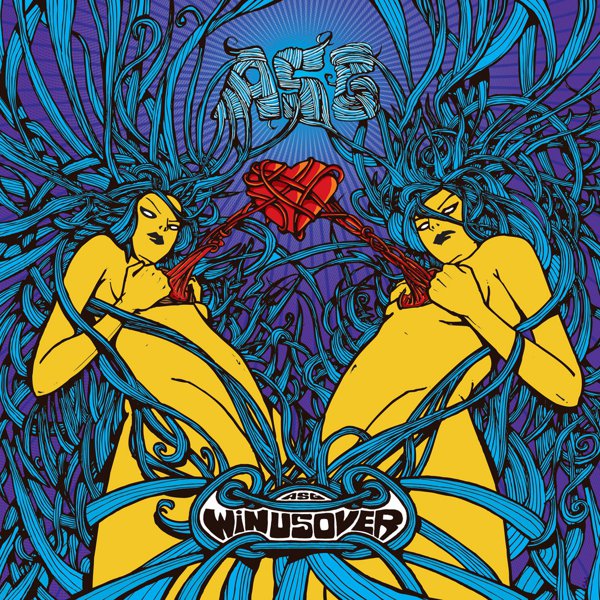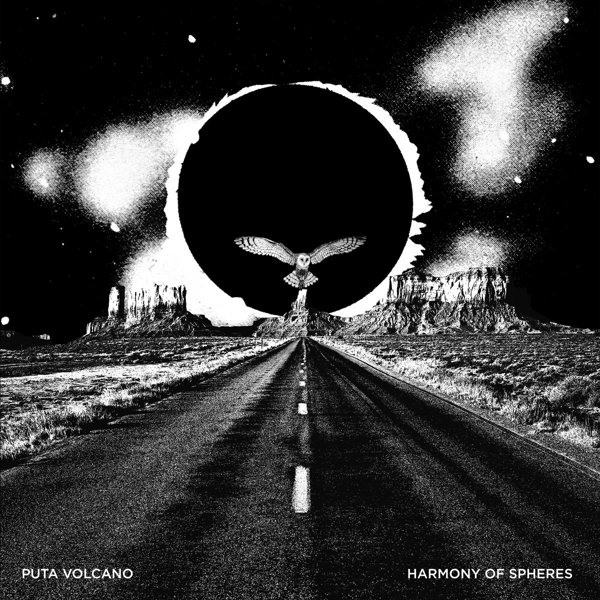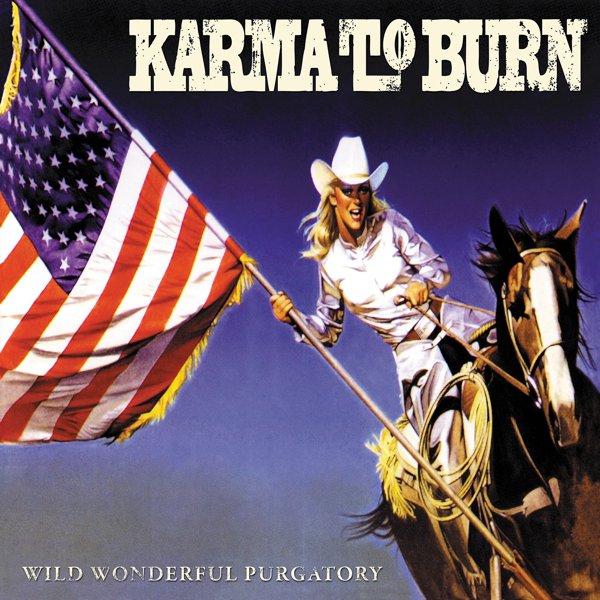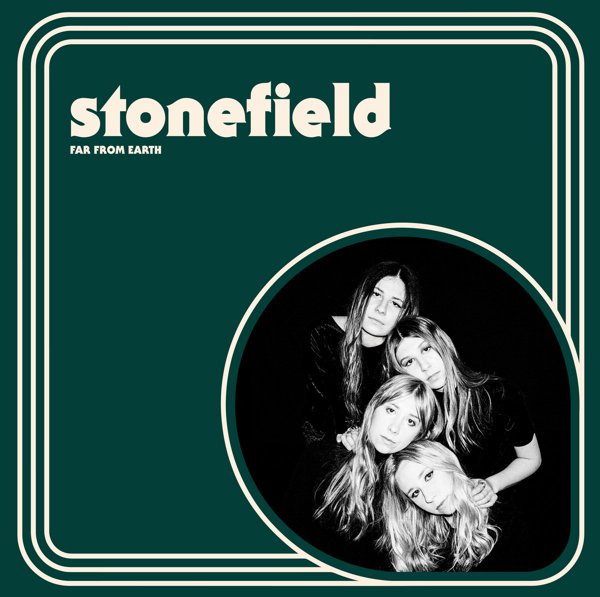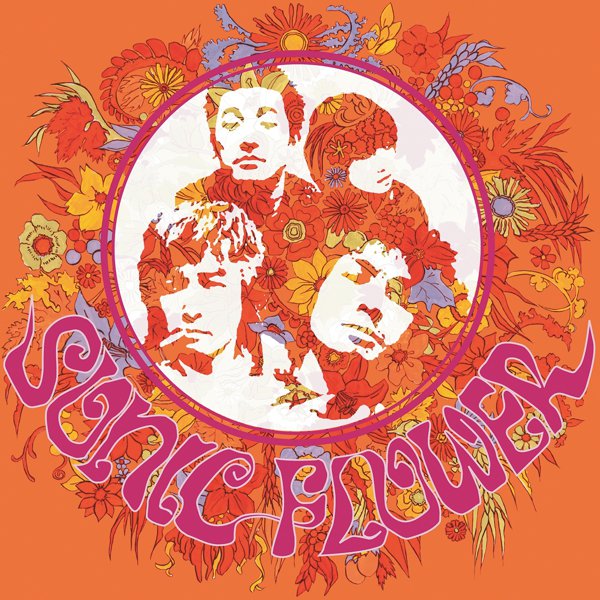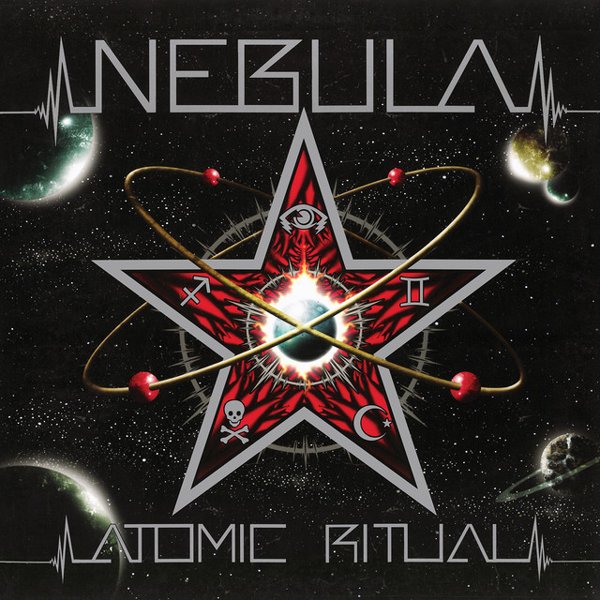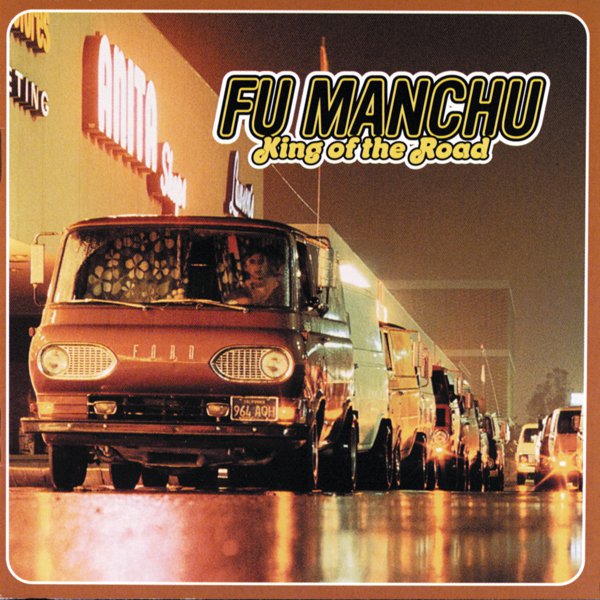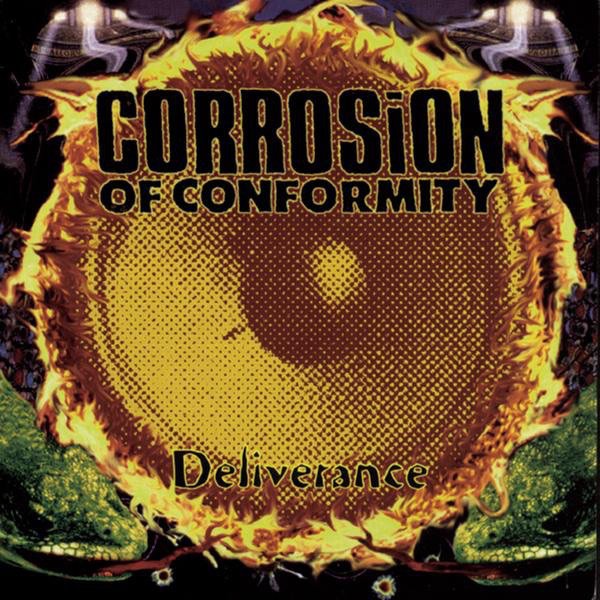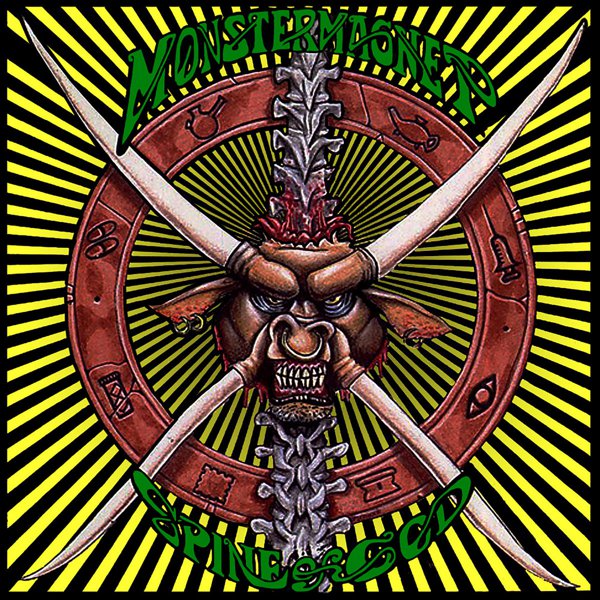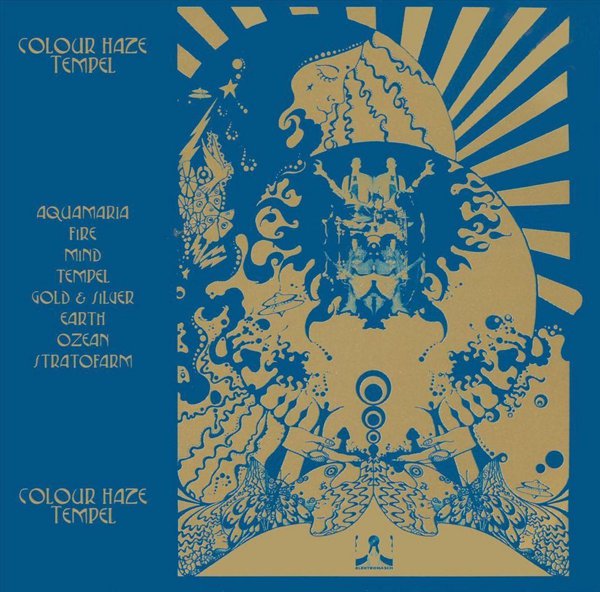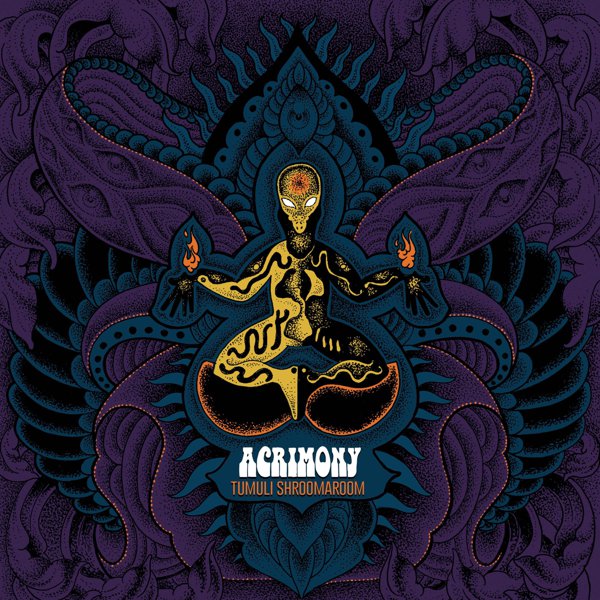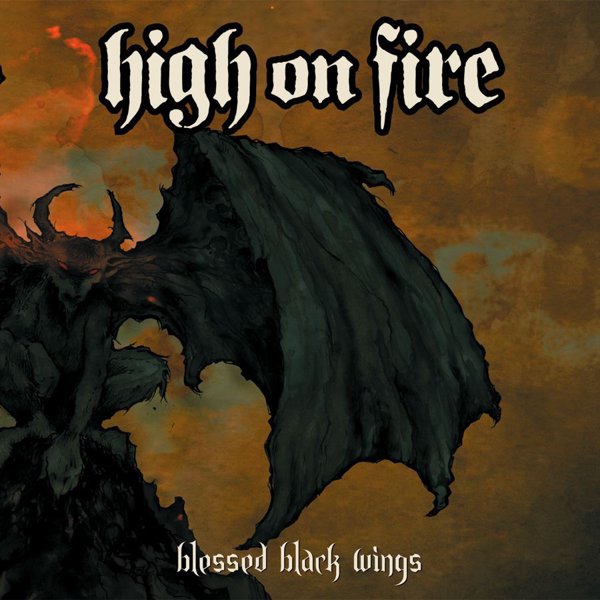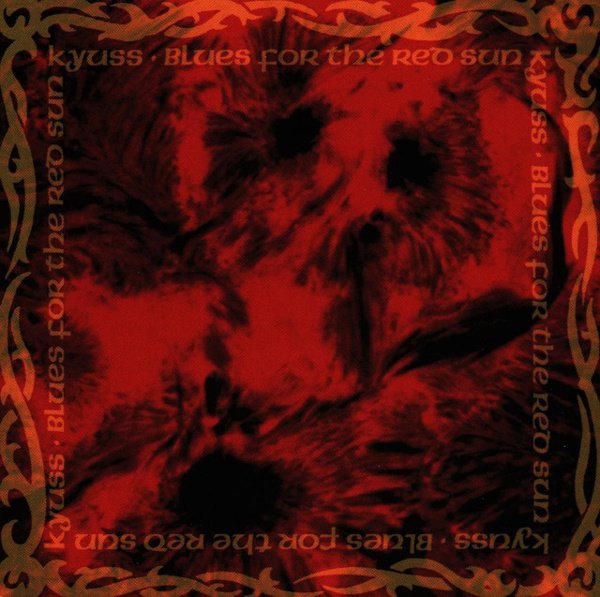While the history of stoner rock is inextricably intertwined with illicit substances, drugs aren’t the only secret ingredient. Stoner rock shares a lot of characteristics with other underground rock subgenres like acid rock, heavy psych, stoner metal, doom, garage rock, etc. For the most part, the music consists of bluesy hard rock/proto-metal with lots of feedback, psychedelic effects pedals, and a fat bottom end, often with laid-back vocals. One big factor differentiates this style: a hardcore edge. Members of Kyuss (widely considered to be the first stoner rock band) quote Black Flag as a major influence on their sound, and, just like with grunge, that punk punch helps make stoner rockers more than just retro throwbacks.
The primitive origins of the genre reach all the way back to the 1960s, and its biggest influences definitely reveled in mind alteration. Fuzz demons Blue Cheer, often mentioned as the progenitors of the form, named themselves after a type of LSD. The two most influential Black Sabbath songs on the style, “Sweet Leaf” and “Snowblind,” weren’t exactly about sugarcane and blizzards. Ian “Lemmy” Kilmister famously claimed he was kicked out of space rock legends Hawkwind because he did the wrong drugs.
Those acts built the foundation, but it’s not until after punk rock that the genre really started to take shape. In the 80s, jam band Yawning Man took generators and a whole lot of marijuana out to the middle of Southern California’s Palm Desert for improv sessions with future members of Kyuss and Fu Manchu. Meanwhile, on the East Coast, art rock agitator Dave Wyndorf formed neo-psychedelic warlords Monster Magnet from the ashes of a bunch of weird concept acts. Everything else grew from the seeds planted by those pioneers.
The genre really blossomed in the 1990s as labels like Man’s Ruin and Meteor City specialized in the style and groups like Monster Magnet, Clutch, and Fu Manchu found their music used in movies and video games. Monster Magnet’s 1998 record Powertrip even went gold off the strength of single “Space Lord.” Queens of the Stone Age’s Songs for the Deaf represented its commercial peak, spawning huge hits like “No One Knows” and “Go with the Flow” and transforming them into an amphitheater-headlining act. Nobody has matched that breakthrough since, but dedicated labels like Heavy Psych Sounds and Ripple Music continue to provide a home for exceptional stoner bands.
It’s forgivable if potential listeners get put off by the somewhat specific imagery surrounding the scene. Still, there’s plenty to enjoy for those who don’t consider April 20 a national holiday. You don’t need an altered mind space to dig the music. You just need to – as QOTSA said – go with the flow.

